The full potential of labor can be utilized only if there is mobility in labor
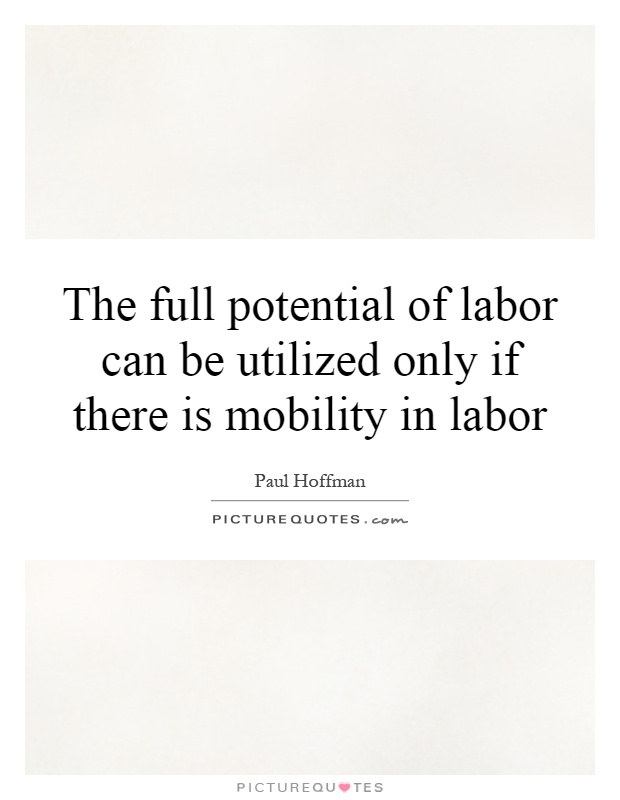
The full potential of labor can be utilized only if there is mobility in labor
Paul Hoffman, an American businessman and government official, understood the importance of labor mobility in maximizing the potential of the workforce. As the head of the Committee for Economic Development in the 1950s, Hoffman advocated for policies that promoted labor mobility as a means to drive economic growth and innovation.Hoffman believed that the full potential of labor could only be realized if workers were able to move freely between jobs, industries, and regions. He argued that mobility in labor was essential for matching workers with the right skills to the right job opportunities, thereby increasing productivity and efficiency in the economy.
One of the key benefits of labor mobility is that it allows workers to pursue opportunities that align with their skills and interests. By enabling workers to move to where their talents are most in demand, labor mobility helps to reduce unemployment and underemployment, while also increasing job satisfaction and overall well-being.
Furthermore, labor mobility fosters competition and innovation in the marketplace. When workers are free to switch jobs and employers, companies are incentivized to offer competitive wages, benefits, and working conditions in order to attract and retain top talent. This competition drives productivity and efficiency, leading to higher levels of economic growth and prosperity.


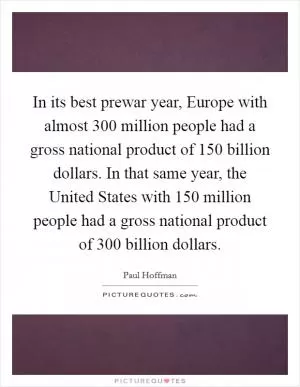





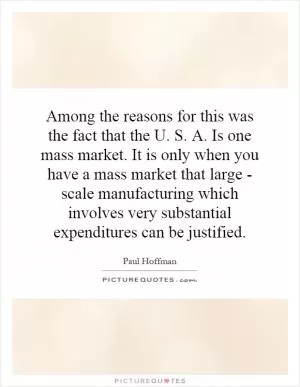
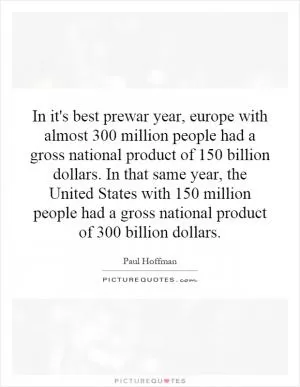
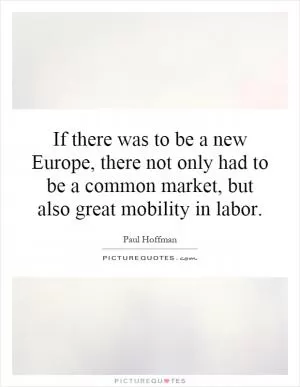

 Friendship Quotes
Friendship Quotes Love Quotes
Love Quotes Life Quotes
Life Quotes Funny Quotes
Funny Quotes Motivational Quotes
Motivational Quotes Inspirational Quotes
Inspirational Quotes